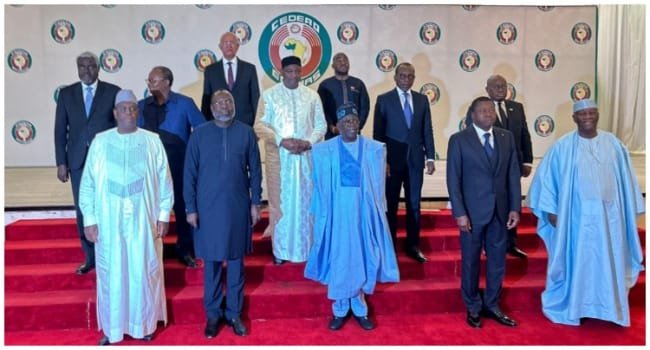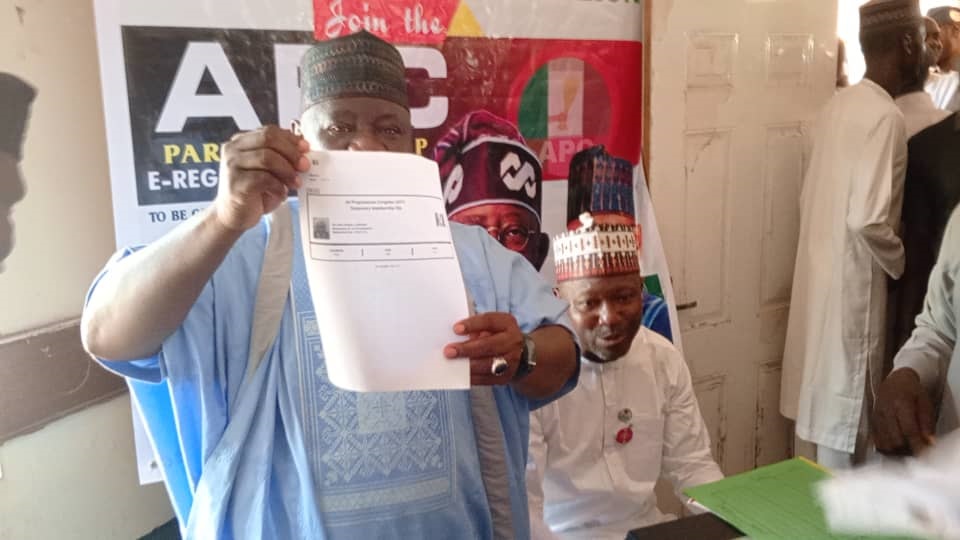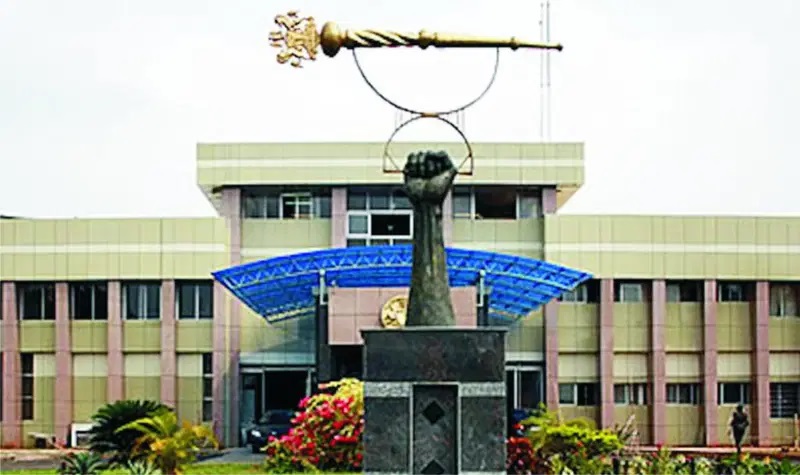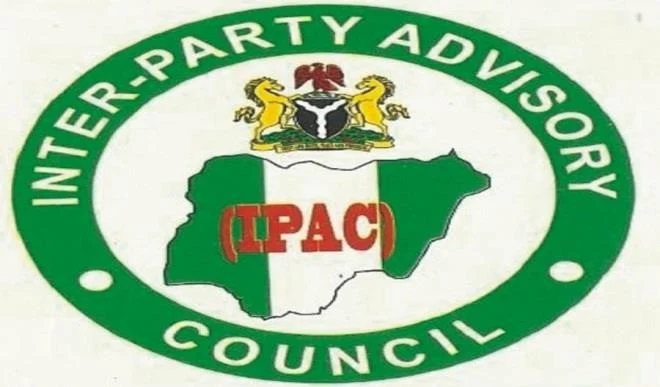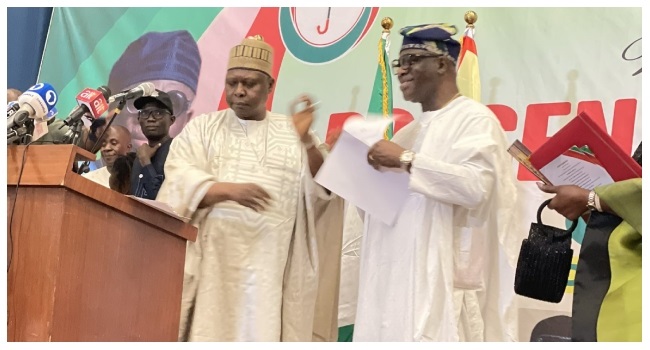Prof. Okello Oculi, a political scientist, has urged leaders of the Economic Community of West African States (ECOWAS) to decide on what political morality they intend to follow.
Oculi made the call in an interview with the News Agency of Nigeria(NAN) in Abuja.
He said that African leaders should either choose between morality based on service to the people or based on indulgence to plunder and waste public resources.
The Uganda-Nigerian academic was reacting to the sudden proliferation of military coups amidst flourishing democracy in Africa.
He said that the situation was suggestive of the fact that most African leaders were bereft of the actual meaning of democracy.
“Democracy cannot be about people claiming to be elected when they rigged the election and the election does not express the will of the people.
“When they’re in power, they change the rules so that they can stay in power for three, four tenures as was the case in Guinea, but the people said no,” he said.
Oculi, who is also the Executive Director, Africa Vision 525 Initiative, a Pan African non governmental organisation, admonished African leaders to desist from “sit-tight” leadership.
He explained that such set of leaders subsequently “metamorphose into full-blown dictators with total disregard for democratic ethos”.
Oculi warned that African leaders with sit-tight agenda usually end up running repressive regimes replete with extrajudicial killing of political opponents, dissidents and journalists.
On ECOWAS breakaway states, Oculi mentioned some mistakes that should have been avoided to keep enemy nations prying around to take advantage caused by lacuna caused by the breakaway states away.
According to him, the stoppage of electricity supply and cutting off trade relations with Niger can worsen the already bad situation.
He said the far reaching implications of that decision could cause more complications and difficulties.
The Pan Africanist advised that ECOWAS leaders should overcome their difficulties by negotiating their way out of the situation, re-iterating that room should not be given to unfriendly countries to take advantage.
An advocate of free trade and a United African Market, commenting on how transborder business could be strengthened among ECOWAS nations, Oculi solicited free movement of goods, advising that immigration operatives should operate within their countries.
“The main problem are the people at the borders, security people at the borders, whether in Zambia or between Nigeria/Niger Republic, Republic of Benin or Chad.
“The security people are so cut out for bribery, they are always there extracting from women traders and other traders,” he said.
On the status of the pan-African banking conglomerate, Ecobank Transnational Inc., and how it furthers the private sector and currency, Oculi, referring to francophone ECOWAS states, said:
“If a country cannot make a simple decision how to use it’s own money, how can they support a bank like Ecobank which will mean mobilising our resources as a region for investment within the region”.
However, he suggested that to change the narrative, the way to go “is for the media to play its role by targeting and influencing the mind of the youths in these ECOWAS countries”.
He said that forming a non-governmental organisation that operates within those countries to enlighten people would help, among other suggestions.
As the Facilitator of the Pan-African Africa Vision 525 Initiative , he noted that the vision was to train youths to take up leadership positions across the continent.
He harped on the imperative of mobilising young people to drive regional integration and leadership.
He also said that the initiative would educate and empower young Africans to breed a new generation of leaders who are well-equipped to address the continent’s challenges and drive progress.
“The project started when I was teaching Introduction to African Politics in the department of political science at Ahmadu Bello University, Zaria.
“As we moved along, the university went through a crisis in 1990s and we moved the project to the secondary schools, and we have been able to do mainly with one secondary school.
“We are preparing them to be presidents, and we have been at Anglican Girls School in Abuja since 2005, although we used to do it in Bauchi, Anambra, Kwara but resources have been our problem,” he said.
Oculi said that the students were trained to assume the role of African presidents from different countries through in-depth research and presentations.
He said that the presentations were aimed at showcasing the achievements of the initiative and inspire students to participate in similar projects, thereby contributing to regional development and Pan-African unity.
He said that he envisioned the project as a way of enhancing Nigeria’s soft power and extending its influence across the continent by using cultural and educational programmes to build connections and foster a sense of unity among African nations
According to him, the project involves empowering young people to take active roles in shaping Africa’s future, thereby reinforcing the ideals and virtues of collaborations across the continent.(NAN)

